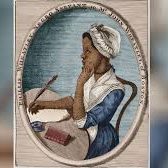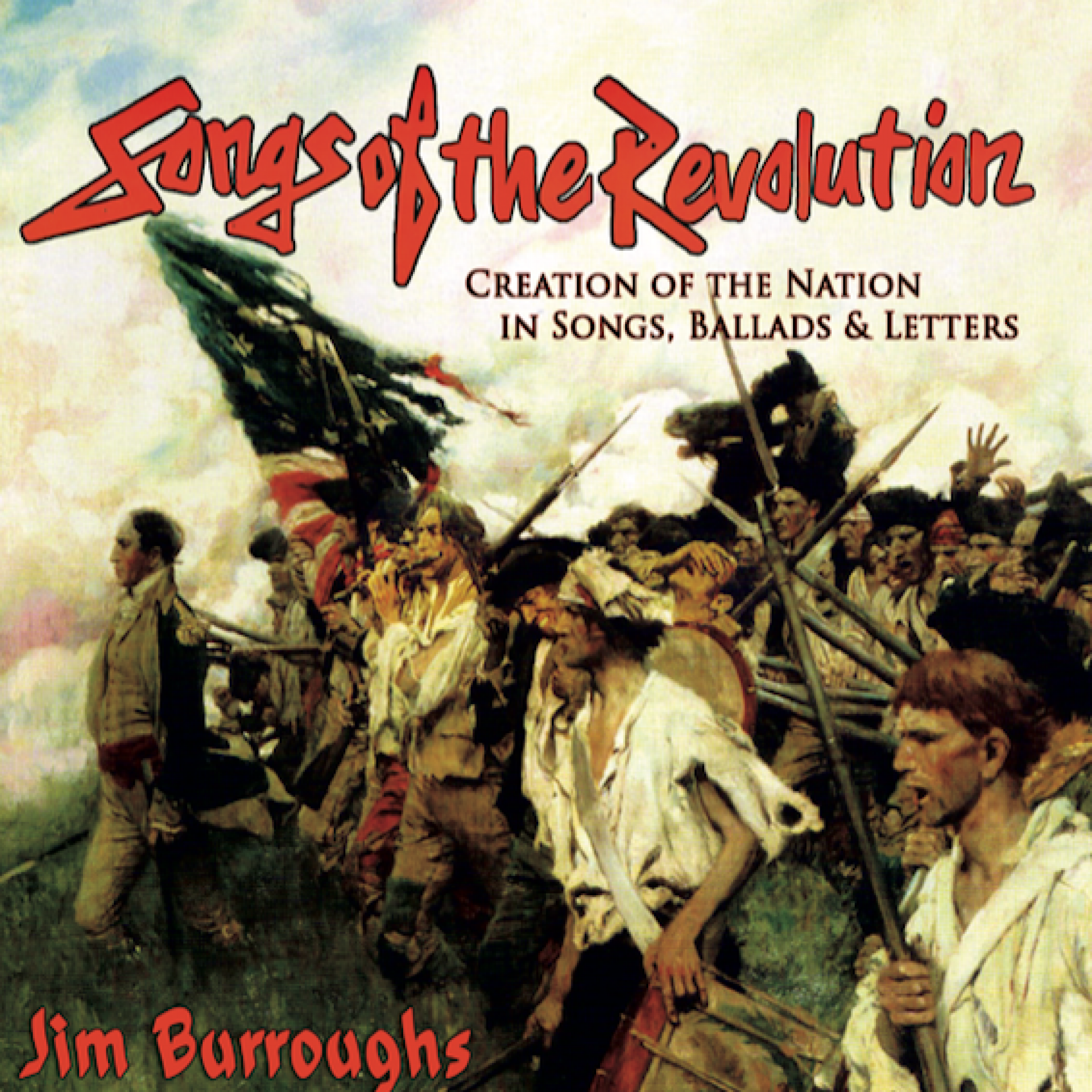The War Begins in Earnest
The first military business at hand in the fall of 1775 was to free Boston from the clutches of William Howe’s 7500-man army. When Washington arrived in Cambridge, Massachusetts to join the newly decreed “Continental Army” in September 1775, he had no idea that the job would take 8 months of tense standoffs before an opportunity to attack the British presented itself. This came in the form of a twenty-five year old former Boston bookseller, Henry Knox, who proposed a plan to bring 59 big cannons and mortars that still remained in Fort Ticonderoga in upstate New York since Arnold had taken the fort earlier. The plan required dozens of oxen, wagons and sleds to drag a total 60 tons of metal through the snows on a brutal 300 mile journey to Cambridge.

In March 1776, while big cannons were being dragged up Dorchester Heights, fortifications were being built, and cannons were firing from various locations down below covering the racket, General Washington chose to write a letter. He had recently received a poem written in his honor by young Phillis Wheatley, an African-born, freed female slave. The country as yet had few poets. Washington was a soldier, a planter and a slave owner. Nevertheless, he took time in the middle of battle preparations to write to her. He closed the letter with an invitation to visit him in Cambridge, which she happily accepted. Phillis Wheatley wrote in a poem about her violently interrupted childhood, when at 7 years of age in West Africa she was torn from her father’s breast by “a hand steeled…and by no misery moved. Such, such is my case. And then can I but pray that others may never feel tyrannical sway.” As a child slave growing up in the Wheatley household in Boston, Phillis learned English in 16 months. Within a few years she was reading the Bible and the histories of the ancient Greeks and Romans. To this Western literary base, she deftly combined her own African heritage and liturgy.
To His Excellency General Washington:
Celestial choir! enthroned in realms of light,
Columbia’s scenes of glorious toils I write.
While freedom’s cause her anxious breast alarms,
She flashes dreadful in refulgent arms…
The Goddess comes, she moves divinely fair,
Olive and laurel binds her golden hair:
Wherever shines this native of the skies,
Unnumber’d charms and recent graces rise.
Muse! Bow propitious as my pen relates
How pour her armies through a thousand gates,
As when Eolus heaven’s fair face deforms,
Enwrapped in tempest and a night of storms;
Astonished ocean feels the wild uproar
the refluent surges beat the sounding shore…
In bright array they seek the work of war,
Shall I to Washington their praise recite?
Enough thou know’st them in the fields of fight.
Thee, first in peace and honors – we demand
The grace and glory of thy martial band.
